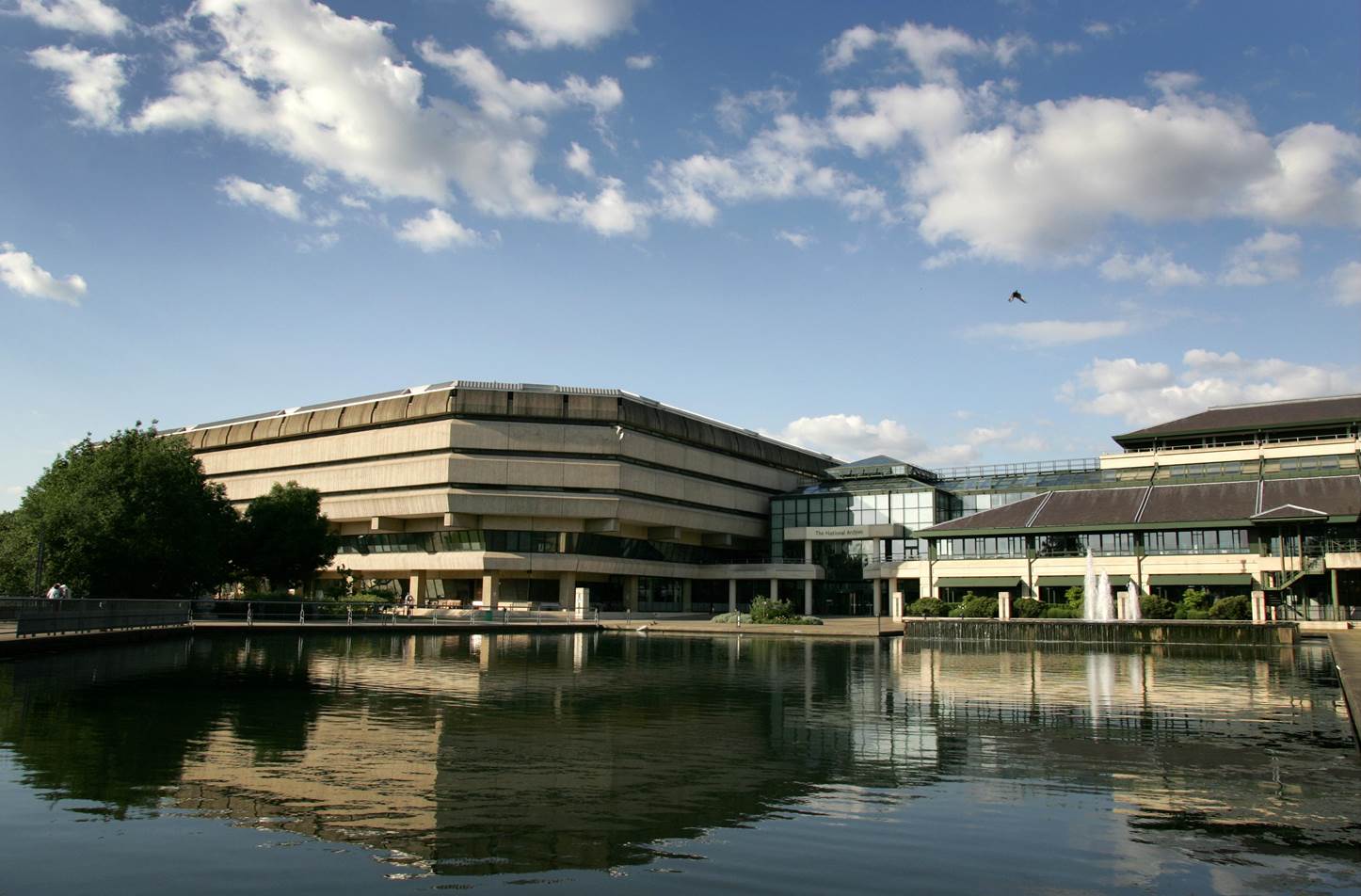Cabinet secretary cites need for departments to recruit more people from STEM backgrounds
Credit: Tumisu/Pixabay
Government’s most senior official has cited the need for additional technology skills as the biggest challenge facing departments in the coming year.
Cabinet secretary Simon Case – answering questions as part of the annual permanent secretaries round-up published by PublicTechnology sister publication Civil Service World – said that government could address this issue via both training of existing officials and by recruiting more people into government from science, technology and engineering backgrounds.
“It has to be skills,” Case said, when asked to name government’s biggest challenge of 2023. “If we are to meet the challenges of the future, we must equip civil servants with the skills they want and need to deliver the best services and advice. This means providing world-class training, improving our digital and data capability and bringing in more people from science, technology and engineering backgrounds.”
The Whitehall top dog added that “prioritisation” is the foremost challenge facing him personally as a leader.
“I think this has to be the main challenge facing any leader – trying to strike the right balance between things that are urgent vs. strategic challenge,” he said.
Related content
- Patchy data means government ‘does not know what skills gaps it has and where’
- Government leaders of the future will need digital and data expertise, says head of Fast Stream
- Whitehall’s top official admits need to improve civil service technical skills
The need for additional technical expertise – at both senior levels and across the wider workforce – is a long-standing issue across government.
Case’s comments come just two months after the annual report from recruitment watchdog the Civil Service Commission noted an increase in the number of digital and roles being advertised by departments – which it said can be among the hardest vacancies to fill.
“Post-pandemic, the commission has noted that many departments are increasingly seeking to attract candidates from a science, technology, engineering and maths background,” the report said. “There has also been an increase in the number of digital- and data-driven roles, which can be more difficult to recruit to, due to higher salaries on offer in other sectors.”
A recent report from think tank the Institute for Government, meanwhile, claimed agencies could use the savings achieved from expected job cuts to offer better pay to new external recruits in the field of digital and data and other areas where skills are in high demand, according to a new report.
“For some jobs, civil service pay is simply not high enough to consistently get the best talent into government,” it said. “The impending reduction in the number of civil service roles is an opportunity – some of the relatively small amount of money saved would be well spent increasing salaries, where doing so would help to attract in-demand talent to particular roles. The modest cost would pay dividends through more effective administration.”



